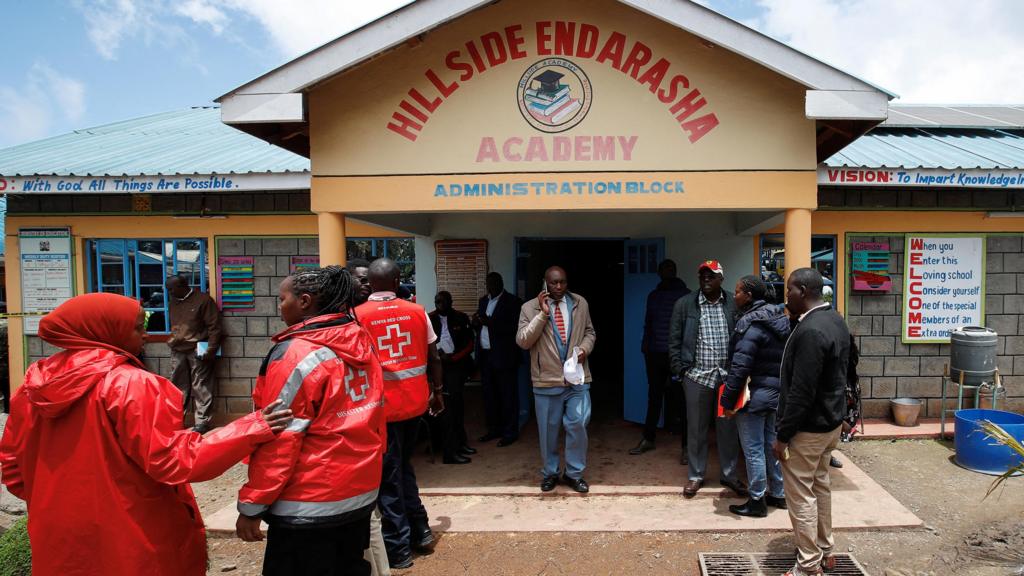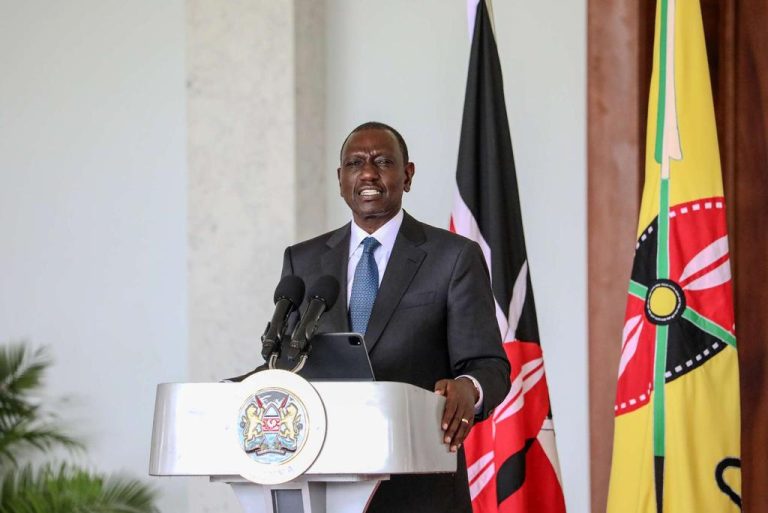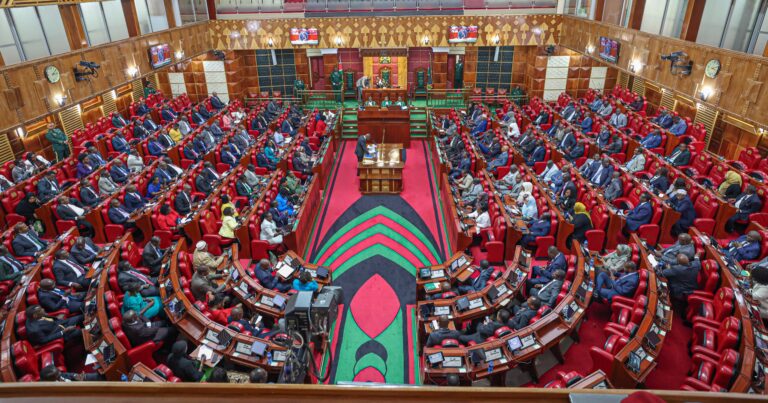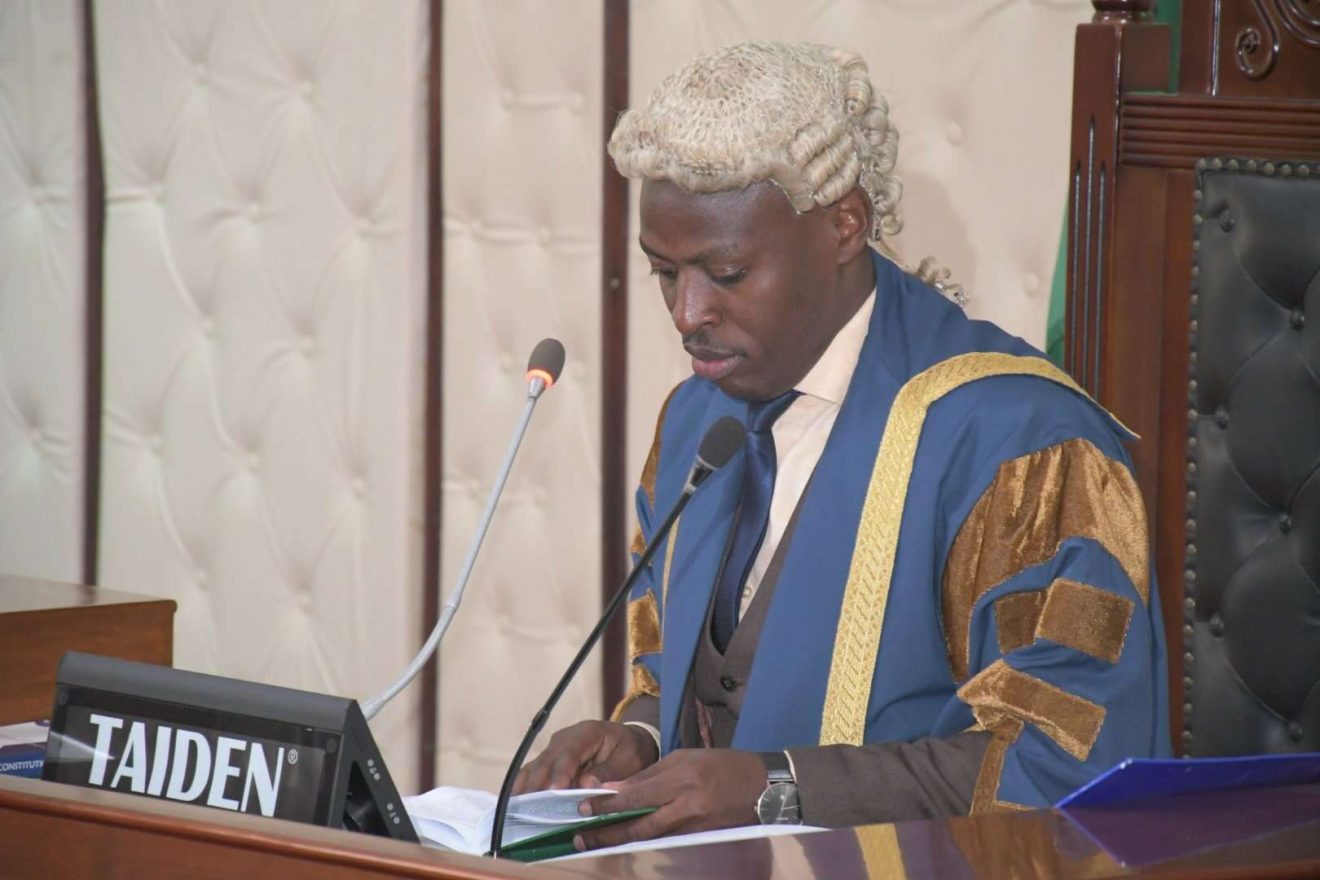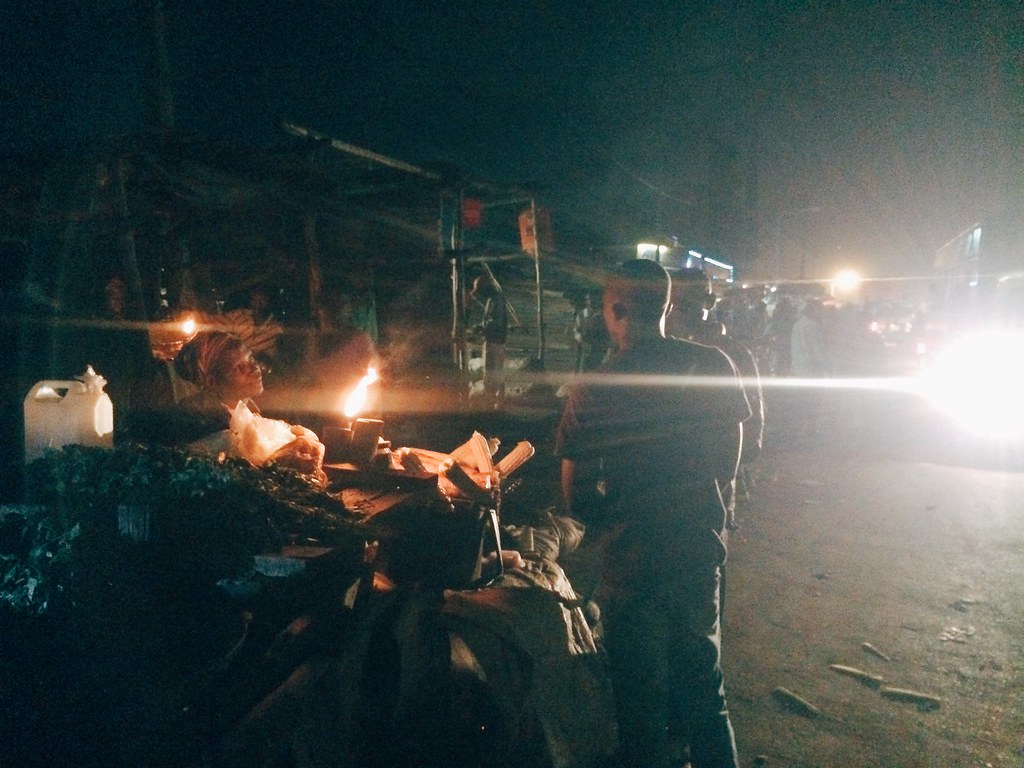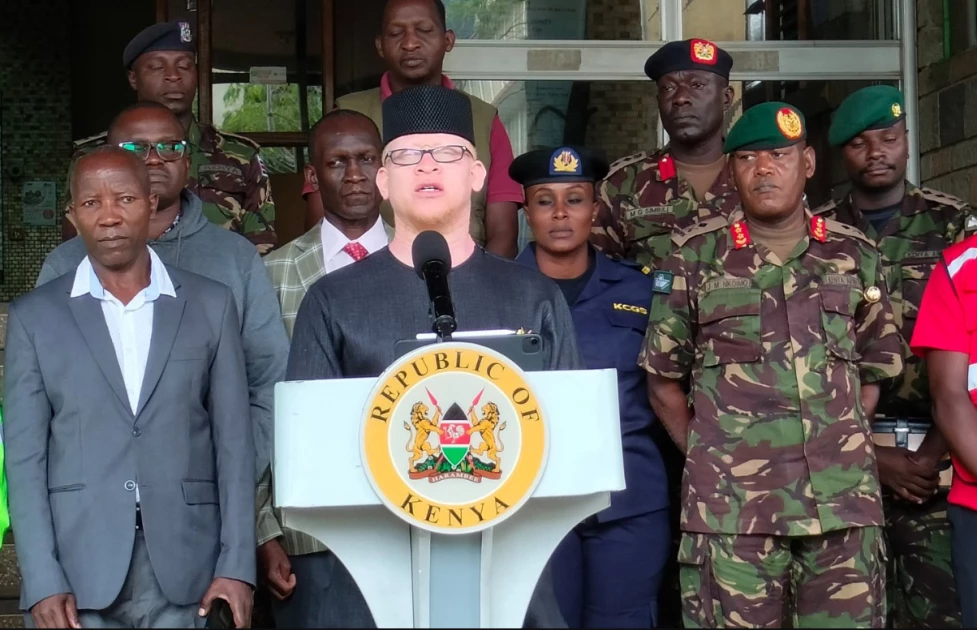The UK government says it is stepping up efforts to reduce its massive immigration backlog, which currently stands at more than 51,000 cases. Officials hope the new measures will not only speed up decision-making but also accelerate the removal of individuals who have no legal right to remain in the country.
Tackling a Growing Backlog
Immigration backlogs have long been a contentious issue in the UK. Critics argue that slow processing times leave asylum seekers and migrants in limbo, while also fueling public frustration over border control.
The government insists that clearing the backlog is essential to restoring confidence in the immigration system. By processing cases faster, officials believe they can identify genuine asylum claims more efficiently while ensuring that those without a valid right to stay are returned to their countries of origin.
New Measures Announced
While details remain limited, the Home Office has outlined several steps aimed at improving efficiency:
- Hiring more caseworkers to handle asylum and deportation files.
- Introducing streamlined digital systems to replace outdated paper-based processes.
- Expanding partnerships with international authorities to facilitate quicker removals.
A Home Office spokesperson said:
“We are committed to a fair but firm immigration system. These steps will help us clear thousands of outstanding cases and remove those who have no legal right to remain.”
Critics Raise Concerns
Opposition parties and human rights groups, however, have raised concerns about the potential impact of speeding up removals. They argue that rushing cases may risk wrongful deportations, particularly for vulnerable asylum seekers.
Immigration lawyers warn that the government must balance efficiency with fairness, ensuring that each case receives proper legal review.
Why It Matter
With net migration figures reaching record highs in recent years, immigration has become a defining political issue in the UK. The government is under pressure to demonstrate control over its borders while also honoring international obligations to refugees.
Reducing the backlog of 51,000 pending cases is seen as a critical step in restoring public trust ahead of the next election cycle.




